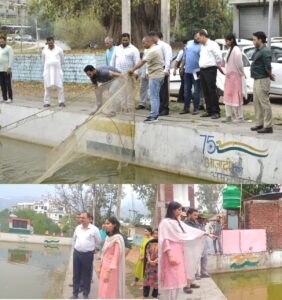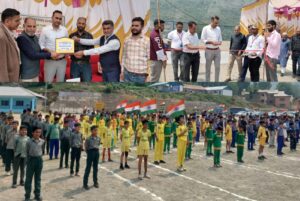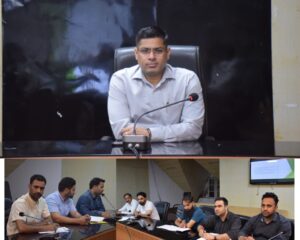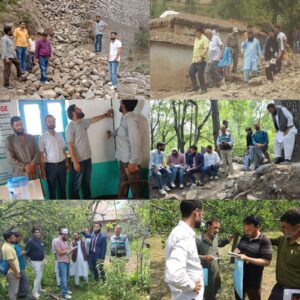After Pahalgam: India’s Patience Ends
Pahalgam is a kind of place where nature feels untouched and timeless. There are places that leave a mark on your soul, and Pahalgam is one of them. Rolling green meadows, tall pine forests and snow-capped peaks create a landscape so peaceful it almost feels like a dream.
For many, it’s a place where memories are made, where life feels simpler and kinder. To think that such a land, so full of hope and quiet dreams, could be stained by violence, it breaks something deep inside.
And yet, it happened again.
The attack on innocent tourists wasn’t just a tragedy; it was a gut-punch to every Indian who still believed that maybe, things were getting better.
This time, though, the country isn’t swallowing its anger.
This time, it’s different.
The Government isn’t stopping at statements or empty promises. Houses belonging to those associated with or linked to the terrorists are being brought down. No warnings. No drawn-out court battles. If you gave shelter to hate, you lose your shelter too. Simple.
Because enough is enough.
Beyond the Valley, India’s stance is getting tougher day by day.
India has suspended parts of the Indus Water Treaty, which would’ve been unthinkable a few years ago. Pakistani visas? Cancelled in large numbers. The message is clear to anyone paying attention: if you want a relationship with India, you better choose peace over bloodshed.
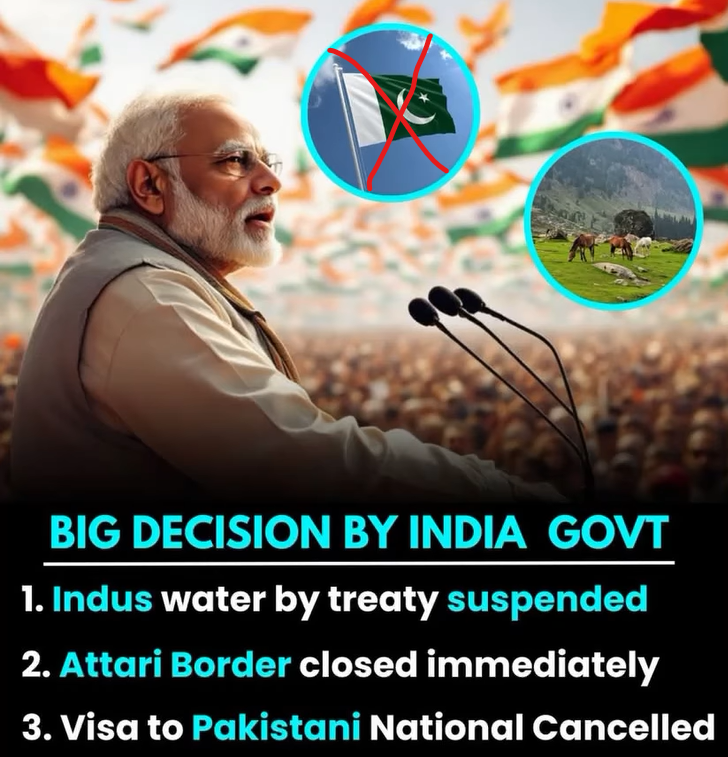
And while politicians issue warnings, the armed forces are getting ready for things words alone can’t fix.
The Indian Navy, Army and Air Force have ramped up missile tests. Not to make headlines, but to be ready when talking stops working. Because in today’s world, strength isn’t optional. It’s survival.
India isn’t flexing its muscles for pride. It’s building armour for protection.
A Country United
For once, there’s no big political shouting match after the attack.
Everyone, from Kashmir to Kanyakumari, seems to agree: terrorists and those who help them don’t deserve sympathy.
On social media, in newsrooms, in coffee shops, there’s a quiet agreement that’s louder than any slogan: Hit back. Hit harder. End this.
Grief is natural. But India has learned to turn its grief into resolve.
A Line Drawn in Stone
This isn’t just India reacting. It’s India changing. Gone are the days when terror attacks were followed by soft condemnations and business as usual. Today, a line is being drawn, and it cannot be crossed without consequences.
Demolitions, visa bans, water treaty suspensions, army readiness — all of it stitched together with one message: If you raise a hand against India, be prepared to lose everything.
And for those hoping that time will make India forget, it won’t. Not this India. Not anymore.
The Road Ahead
No one’s pretending this fight will be easy. Terrorism doesn’t vanish overnight. It hides. It waits. It changes faces. But after Pahalgam, India has shown it’s willing to do what it takes, no matter how uncomfortable, no matter how long it takes.
This isn’t about revenge.
It’s about survival.
It’s about protecting the right of every Indian to live without fear, whether in a houseboat in Srinagar or a farmhouse in Maharashtra.
“Terrorism made a mistake when it came to the tourists in Pahalgam.”
Because it woke up a country that knows how to mourn its dead but refuses to live like a victim.
This is the India that remembers.
And this is the India that fights back

